A lively baroque-infused programme set the scene for the ensemble’s first concert of its 2024/25 season
The Academy of St Martin in the Fields (ASMF) launched its 2024/25 season on Friday 1 November, with a baroque-infused programme of works by Stravinsky, Haydn, Biber and Gallo. The concert featured soloist Anastasia Kobekina, who was making her debut with the ensemble.
Under the directorship of leader Tomo Keller, the players kicked off proceedings with Stravinsky’s Concerto in E flat ‘Dumbarton Oaks’ — named after the house in which representatives of the US and USSR governments met in 1944 to discuss the founding principles of what was to become the Charter of the United Nations.
Kobekina took to the stage with her 1698 ’De Kermadec-Bläss’ Stradivari to perform Haydn Cello Concerto in C major, a work she describes as bringing to mind the words ‘sparks, joy and sunlight’.
‘A Classical concerto that has so many Baroque elements in it,’ she said of the work, the manuscript of which was discovered as recently as 1961 in the Prague National Museum by Czech musicologist Oldřich Pulkert.
‘The style of the outer movements is so elegant, vivid and playful. The serenade-like second movement is almost like a staged aria, and makes me wish I could be a dancer and a singer performing some fantastical version of it.’
Following the interval, the ASMF performed Biber’s Battalia à 10, an eight-movement work that took the listener through scenes including a rowdy pub, a military march, a battle, ending with a lament for the wounded. Paper weaved between the strings of the double bass evoked images of the rattling effect of military snare drums, while violent snap-pizzicato brought to mind musket fire in the battlefield.
Kobekina took to the stage once more to perform the solo role in Benjamin Wallfisch’s 2009 string orchestration of Stravinsky’s Suite Italienne. The work, which was cobbled together initially by cellist Gregor Piatigorsky, takes music from Stravinsky’s Pulchinella suite, described by Kobekina as ’Baroque harmonies spiked with contemporary dissonances — the 20th century wearing a harlequin’s mask.’
The ensemble finished off the evening with Domenico Gallo’s Sonata No.12 in G minor ‘Follia’, based on the triple-time dance melody that captured the imaginations of Vivaldi, Corelli, Couperin and CPE Bach.
The programme was performed against the venue’s dramatic East Window by Shiraszeh Houshiary, which will serve as the backdrop to many of ASMF’s upcoming Front Row scheme season highlights that include performances from violinist Augustin Hadelich and violist Timothy Ridout. The Front Row scheme offers full-time students and those under 30 seats to selected concerts for £5.
All photos © Matthew Johnson
Listen: The Strad Podcast #66: Cellist Anastasia Kobekina on choosing the right strings
Read: Violinist Joshua Bell: ‘Everybody’s playing like their life depends upon it’
The number one source for playing and teaching books, guides, CDs, calendars and back issues of the magazine.
In The Best of Technique you’ll discover the top playing tips of the world’s leading string players and teachers. It’s packed full of exercises for students, plus examples from the standard repertoire to show you how to integrate the technique into your playing.
The Strad’s Masterclass series brings together the finest string players with some of the greatest string works ever written. Always one of our most popular sections, Masterclass has been an invaluable aid to aspiring soloists, chamber musicians and string teachers since the 1990s.
The Canada Council of the Arts’ Musical Instrument Bank is 40 years old in 2025. This year’s calendar celebrates some its treasures, including four instruments by Antonio Stradivari and priceless works by Montagnana, Gagliano, Pressenda and David Tecchler.

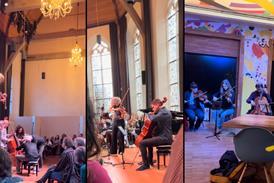
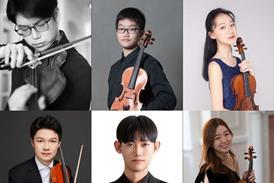
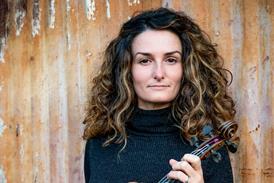
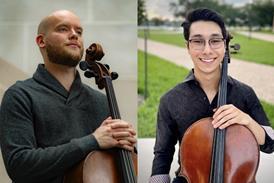
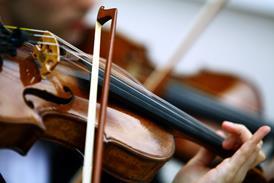
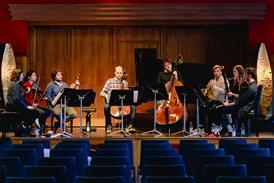
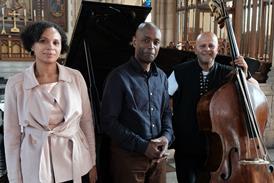

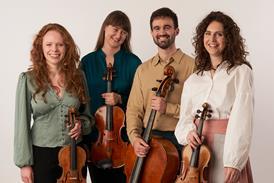
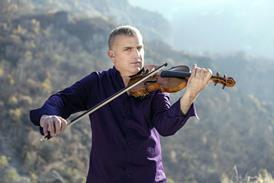
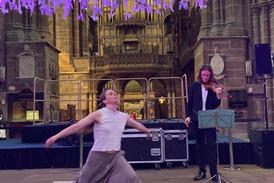
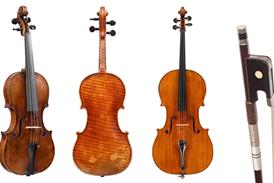
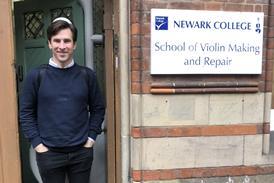
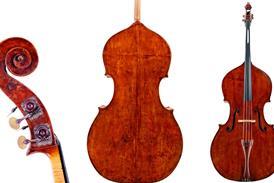
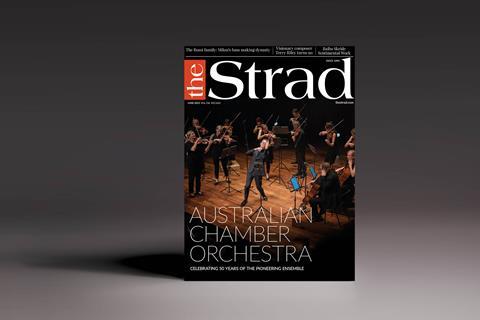




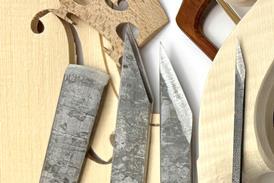
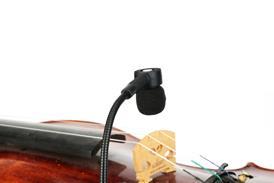
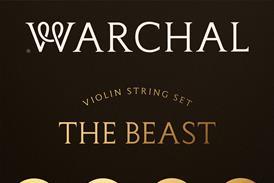
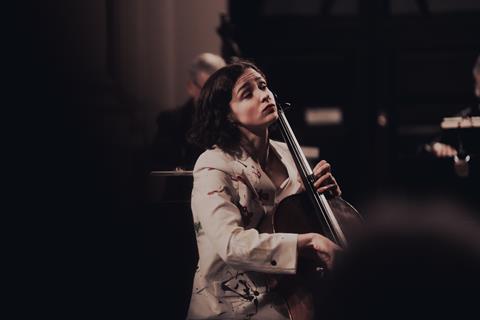
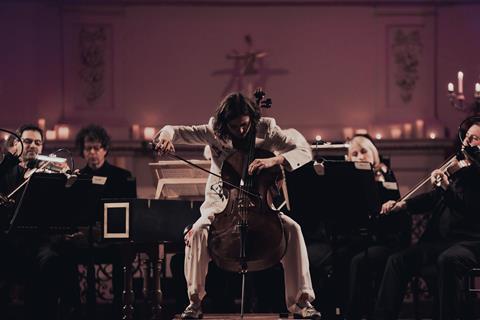
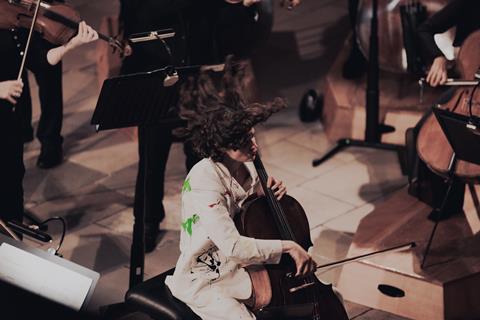
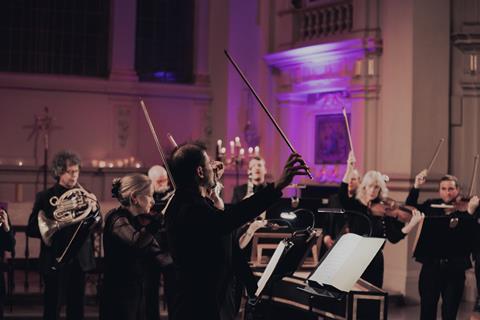
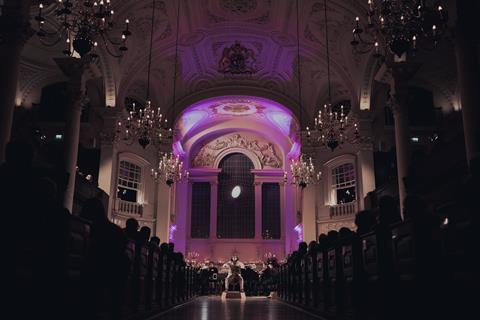
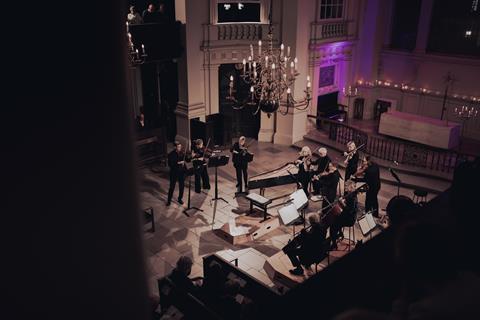















No comments yet